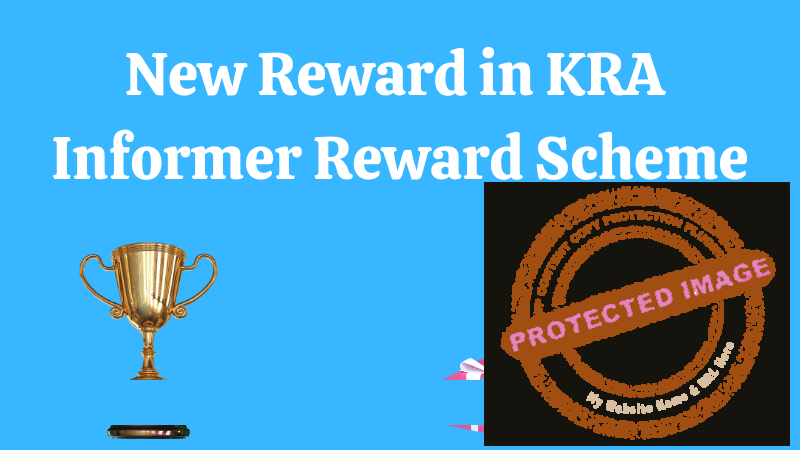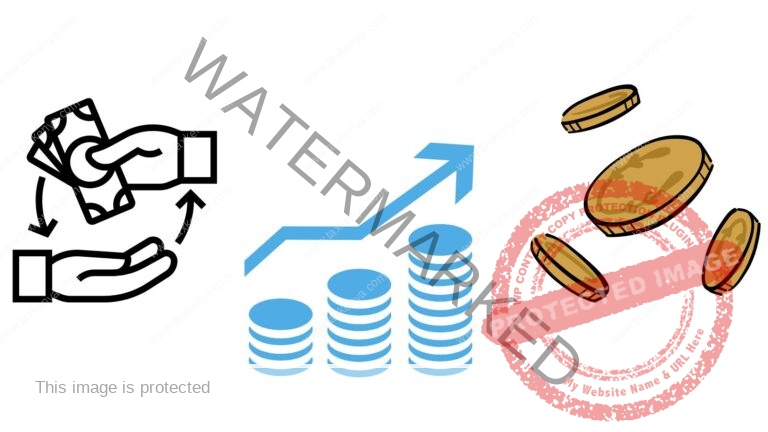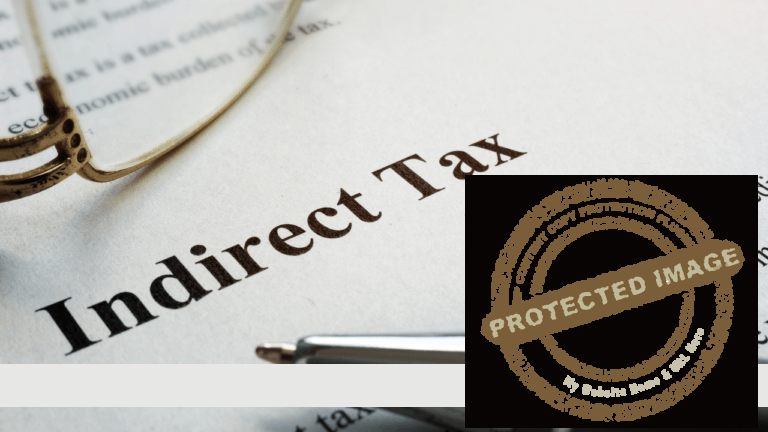KRA new informer reward scheme was announced during the budget. Every taxpayer who does not comply with tax law in Kenya should be aware that KRA will be provided with the information about them, and somebody will be paid for it.
a. Affiliate Disclosure: These are affiliate links from which we receive a commission at no cost. Read full Affiliate marketing disclosure HERE.
b. Tax Contents Disclaimer: The tax industry in Kenya is very dynamic. The tax contents in the posts are not professional advice. Read full disclosure HERE.
This post aims to make taxpayers aware of this situation so that they can improve their tax compliance levels and inform the taxpayers of the legal basis for the payment to informers.
Kenya Revenue Authority is mandated to register taxpayers and ensure the taxpayers comply with tax laws in the country. Since time immemorial human beings have never loved paying taxes. Therefore, for whatever reason, some people will not adhere to the tax laws. For KRA to ensure that the taxpayers comply with the tax laws, information is required.
This information is from the taxpayers, KRA intelligence units, Country intelligence units, people who provide the information for free, or people who give the data for a fee. Every action the Kenya Revenue Authority takes concerning revenue collection must be anchored in the Kenya Revenue Authority Act, Cap 469.
Therefore, payments to persons who provide information that results in the enforcement of tax laws in the country must be provided for in the Act.
What are the information payment provisions in the Act?
Part II on the Establishment, Powers, and Functions of the Authority in the Kenya Revenue Authority Act, Cap 469, has Sections 3 to 5A. Section 5A now has three subsections on rewards to tax Whistleblowers. The following are the wordings of the sub-sections:
5A (1) “The Commissioner-General may, upon the recommendation of a Commissioner, reward any person for information leading to the identification or recovery of unassessed taxes or duties. Provided that this section shall not apply to any authorized officer.”
5A (2) The reward payable under subsection (1) shall be:
- “In the case of information leading to the identification of unassessed duties or taxes, one per centum of the duties or taxes so identified or one hundred thousand shillings whichever is less; and”
- “In the case of information leading to the recovery of unassessed duties or taxes, five per centum of the taxes or duties so recovered or two million shillings, which is the less.”
- “In the case the information not specified in paragraph (a) and (b) leading to the enforcement of the tax laws, five hundred thousand shillings.”
Explanations:
- Under subsection 5A(1), the Commissioner-General cannot make a unilateral decision to award any person a Whistleblowing award. This can only be made at the recommendation of a Commissioner. Therefore, the responsibility for the awarding is spread across various levels in KRA echelons.
- Under subsection 5A(2), informers have three types of rewards. This section has two sections.
According to 5A (2)(a), the reward is for information that identifies unassessed duties or taxes. In contrast, in 5A (2)(b), the award is for information leading to the recovery of unassessed duties or taxes. The terms identification and recovery have different meanings.
What is the meaning of the term ‘identify’?
From the internet dictionary, to identify means to ‘establish or indicate who or what is or associate someone or something closely with, regarded as having strong links with. Therefore, from a taxation perspective, if an informer provides information that identifies unassessed duties or taxes, they are rewarded.
The reward is one percent of the taxes recovered or one hundred thousand shillings, whichever is less. Note that this reward is set at the highest amount of kshs 100,000.
It is important to note that identifying “unassessed duties or taxes“ does not always lead to tax recovery.
For example, if someone provides information about how duty is evaded and KRA can seal the loophole, the person is rewarded. This is irrespective of whether there is any tax that is recovered. A local example during this time of partial COVID-19 lockdown is when a villager informs the police of a route being followed by Kenyans to evade the blocked roads to get to Nairobi from, let us say, Naivasha.
The police may find only footprints but no one to arrest. The information will result in the route being closely monitored, and the people may never use the route again. This is similar to a tax situation where a loophole will be identified, but no tax is recovered.
What is the meaning of the term ‘recover’?
According to the internet directory, recovery means to “find or gain possession of (something stolen or lost.” This means that the rewards under 5A (2)(b) are only given to the informers when the information provided by KRA results in recovery of tax, in which case, the informer is rewarded “five per centum of the taxes or duties so recovered or two million shillings, which is the less.”
It is important to note that the highest amount an informer can pay under this section is kshs two (2) million shillings.
On 6th November 2019, the President instructed the National Treasury and the Kenya Revenue Authority (KRA) to re-look at the reward system for tax informers who are tax whistleblowers who provide information.
As a result of the President’s instructions, the amendment of the Kenya Revenue Act Cap 469 was included in the Tax Laws (Amendment) Bill, 2020, which was subsequently enacted into Tax Laws (Amendment) Act, 2020 on 25th April 2020. This also resulted in 5(A)(2)(c), which has set the reward amount at kshs 500,000.
This means that Section 5A (2)(a) on the reward of “one per centum of the duties or taxes so identified or one hundred thousand shillings whichever is less” and Section 5A (2)(a), on the reward of five per centum of the taxes or duties so recovered or two million shillings, which is the less” remains.
What taxpayers should do:
- Ensure that they are complying with tax laws.
- Keep tax documents safe so that they are not misused.
- Maintain good relationships with employees.
Did you learn something today?
Let us continue learning tax.
Dr Wakaguyu Wa Kiburi






